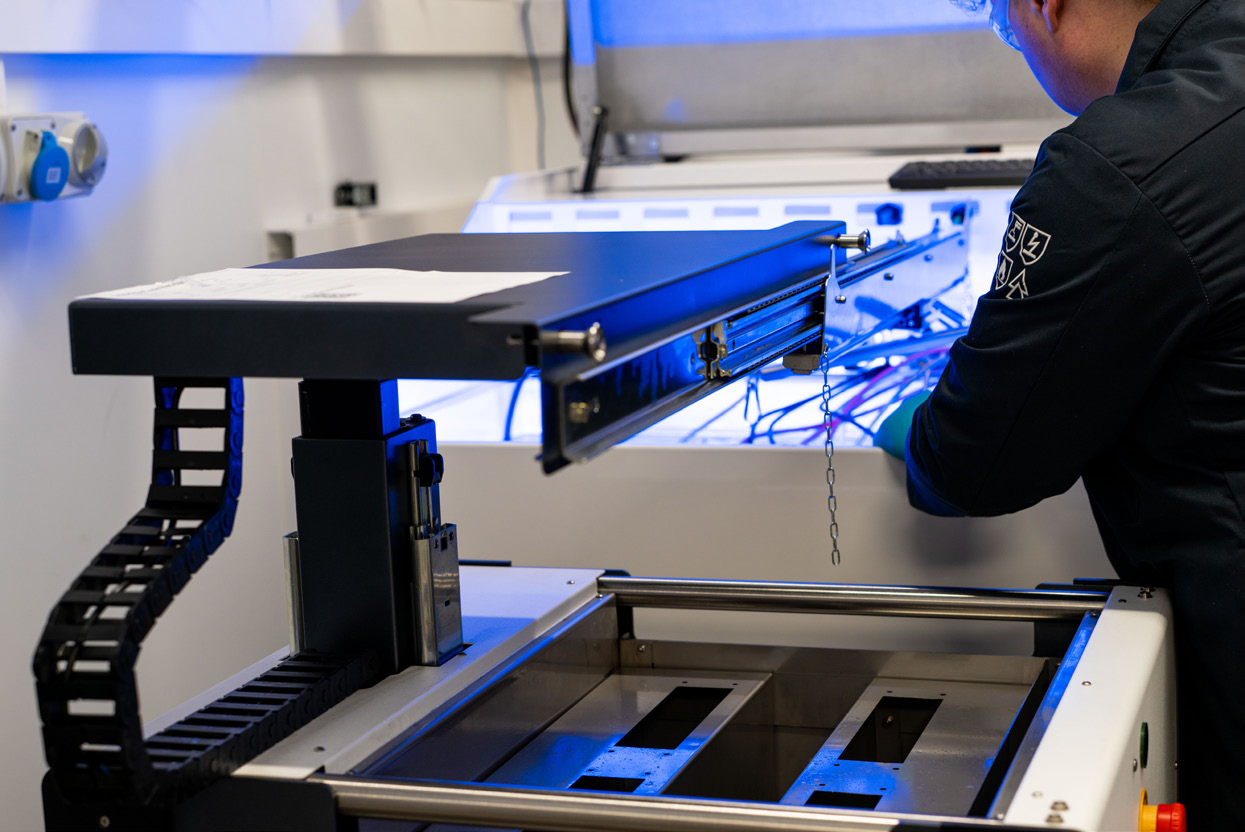CASTROL
CHRIS LOCKETT
SUNG KIM
TITLE: SVP – ELECTRIFICATION & CASTROL PRODUCTS INNOVATION
TITLE: GLOBAL HEAD OF DATA CENTRE LIQUID COOLING SOLUTIONS
COMPANY: CASTROL
COMPANY: CASTROL
Sung A Kim is vastly experienced in the sector , and was previously the global lead for data centre and crypto currency immersion cooling fluids at Exxonmobil . She is the co-lead for Women in Open Compute Project ( WOCP ) and Sustainability Project co-lead at The Open Compute Project Foundation ( OCP ), whose mission is to apply the benefits of open source collaboration for innovation .
Chris Lockett is a senior leader with more than 25 years ’ experience of leading technology teams around the world . Chris leads the global innovation team that are focused on research , development and commercialisation of electrification and differentiated Castrol products and offers .
STEPHEN ZHAO
NICK BARRETT
TITLE: THERMAL MANAGEMENT DIRECTOR FOR EMEA
TITLE: SENIOR ENGINEER DATA CENTRE TESTING
COMPANY: CASTROL
COMPANY: CASTROL


Nick Barrett has been working for BP Castrol for more than 14 years over which time has developed bespoke test methods and capability for R & D of Castrol products . He has deep technical knowledge in thermal management solutions for liquid cooling .
Stephen Zhao leads the development of the liquid cooling business in Europe , Middle East , and Africa . He has many years of experience in the energy industry with expertise in solutions for the Data Centre industry . He has also held roles in academia , government , and the nonprofit sector .
182
July 2025
CASTROL this cooling method dramatically decreases energy consumption. “You cut down on everything. The only thing you really operate is just the pumps on the tanks, and those pumps are not very strong,” he says.
Immersion cooling emerges as a critical solution during a turbulent time for the industry, as AI workloads threaten to continue increasing compute demand. The heat generated by these high-performance computing (HPC) components has outpaced what traditional cooling methods can deliver within the data centre.
“Data centres themselves consume a lot of power. And from the traditional format of using air cooling to get the most efficient cooling method, you also need to consume a lot of water.”
“AI is driving a lot of changes as it requires high-performance CPUs and GPUs, which generate a lot of heat,” says Sung Kim, Global Head of Data Centre Liquid Cooling Solutions at Castrol. “The data centre industry is mostly on air cooling design, which can cool up to only 50 kilowatts (kW), but that is not
These resource demands inevitably create environmental challenges, as Stephen explains: “From the power and water perspective, you have a lot of impact, and then you also have land use as well.”
